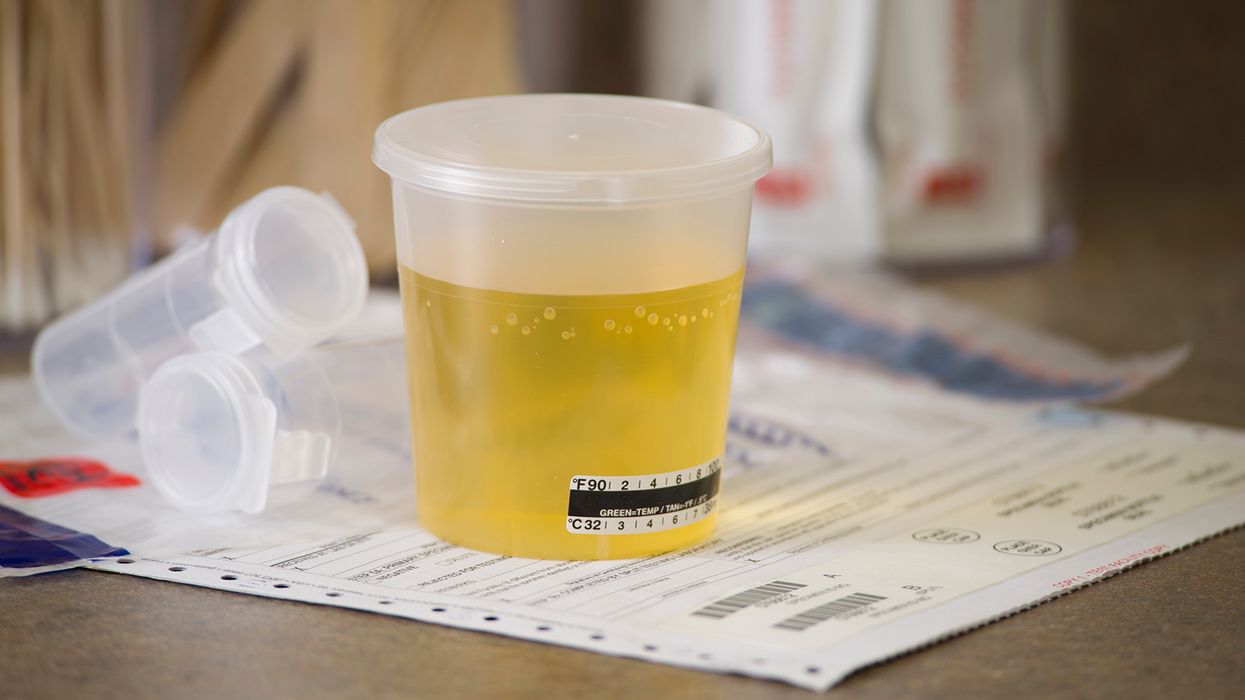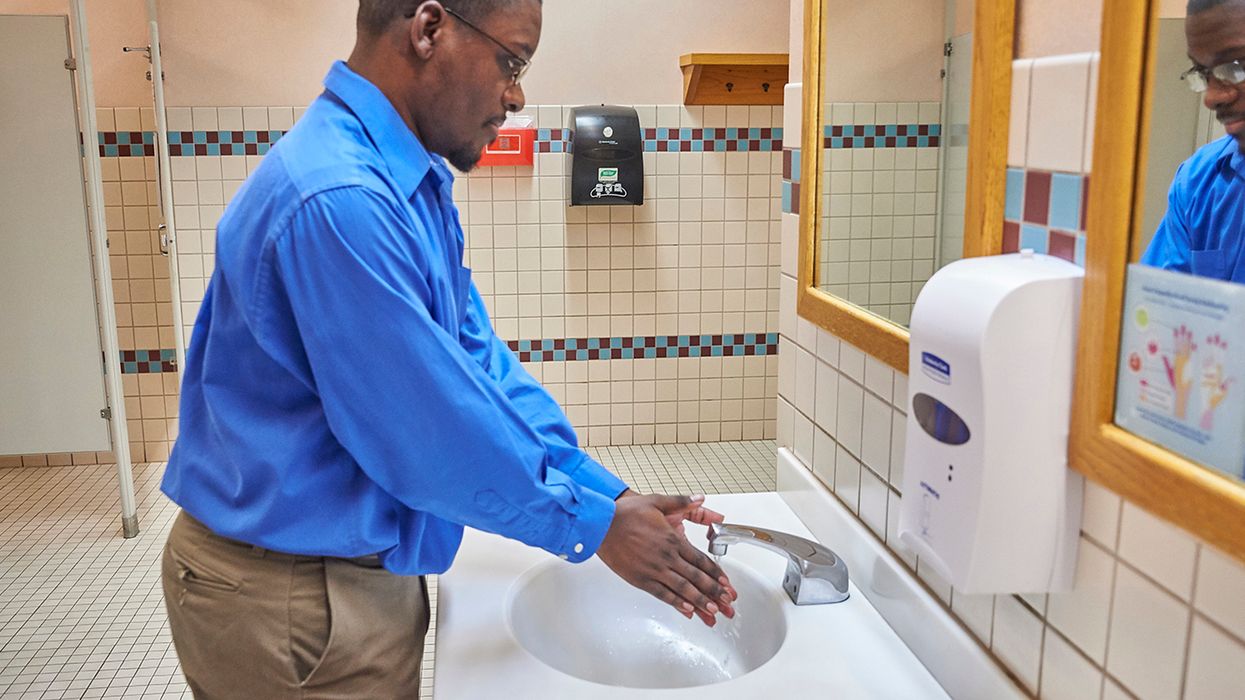Marijuana reclassification no longer a high priority
Last year the nationwide legalization of marijuana was avidly discussed, as the federal government proposed reclassifying it as a less dangerous drug.
More than a year after that proposal was released, the issue has stalled in procedural limbo.
The administrative judge overseeing the case retired on August 1, 2025, leaving no one to preside over administrative enforcement hearing proceedings in the case.
Tainted history
Marijuana rescheduling was proposed by the Department of Justice in May 2024. The proposal looked at moving marijuana from Schedule I to Schedule III of the Controlled Substances Act, placing marijuana in the same classification as prescription drugs.
Hearings on the proposal were scheduled to begin in December 2024 and then early 2025. They have been stayed since January 13, 2025, when Judge John J. Mulrooney granted a pending appeal from proponents of marijuana rescheduling.
They alleged that the proceedings had been tainted because of improper communications by the Drug Enforcement Administration (DEA) with those who had a stake in the case.
Marijuana not a priority
With the appeal pending, Mulrooney oversaw some procedural motions, but no new hearing dates were set.
When Mulrooney, the DEA’s chief administrative law judge, retired on August 1, he pointed out that the Controlled Substances Act requires an administrative law judge to preside over DEA administrative enforcement hearing proceedings. Until a judge is appointed, all matters filed in the case are forwarded to DEA Administrator Terrence C. Cole.
Cole was sworn in as administrator on July 23, but did not mention marijuana rescheduling in a news release listing his priorities.
Workplace considerations
While the issue remains unsettled, employers should:
Be prepared to update their drug and alcohol policy if marijuana reclassification makes a comeback. If it is reclassified to a lower drug schedule, it may need to be treated as a prescription drug.
Continue to follow state laws. Each state law is a little different, but a law may restrict drug testing, protect off-duty use, or prohibit discrimination against individuals who use marijuana. Employers should understand a law’s restrictions.
Consider accommodation requests for medical marijuana patients. Even if off-duty medical marijuana use is not an option, other accommodations for the employee’s underlying medical condition should be considered.
Key to remember: The federal rescheduling of marijuana has stalled, but employers still need to follow state marijuana laws and should be prepared for the issue to resurface.




















































